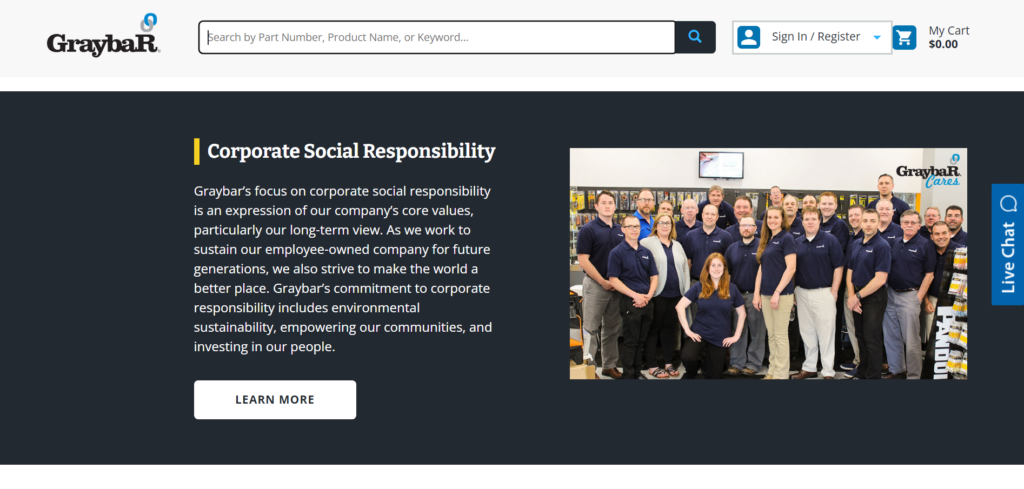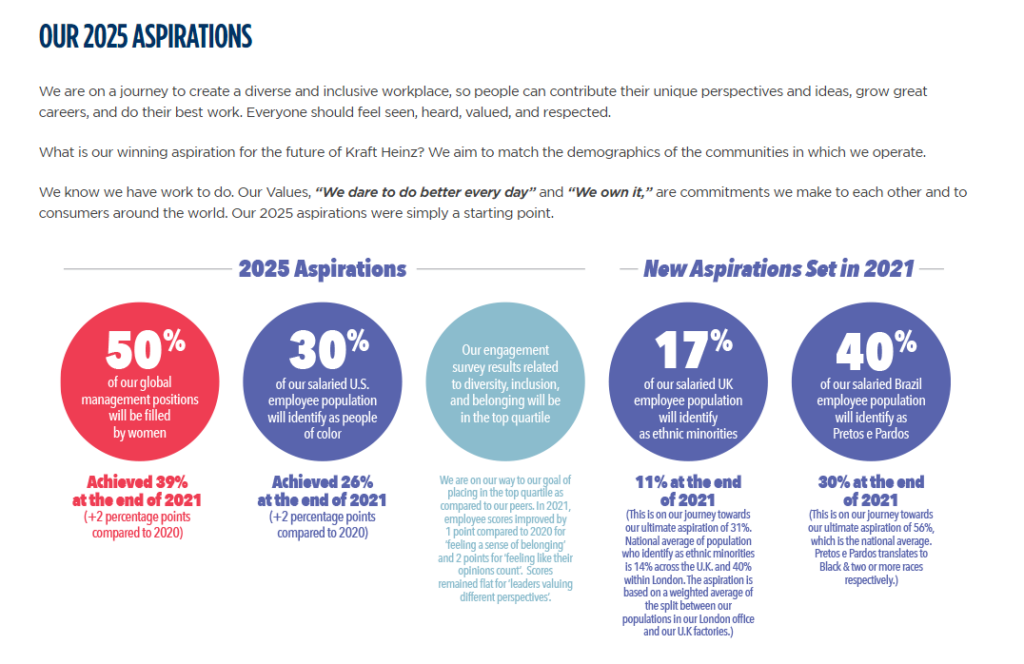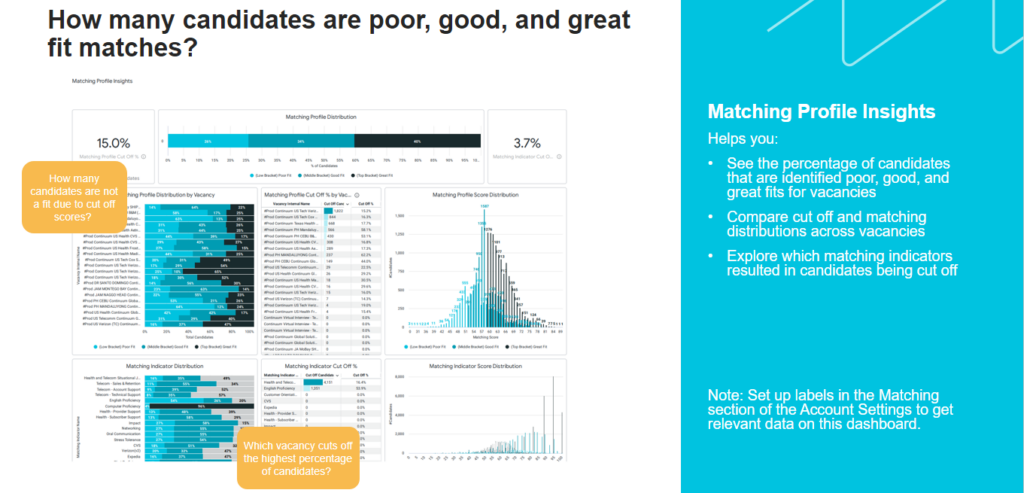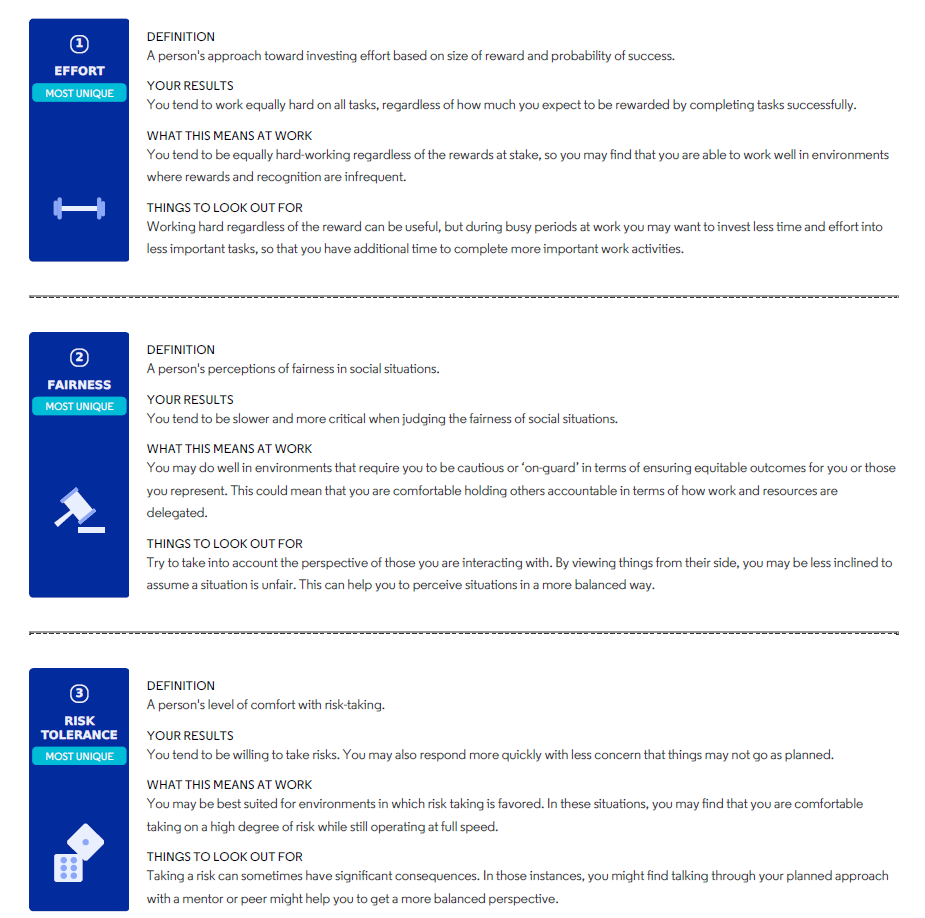Welcome to a new semester, early talent TA professionals! Did you know that Gen Z will make up 30% of the workforce by 2030? Even now, employers looking to maintain productivity must leverage campus recruiting and relationship-building with early career talent.
Competition for talent is intense. When it comes to campus recruiting, you need to be ready to engage, nurture, and hire Gen Z talent. Luckily, there are solutions to move you to the front of the class with talent on campus.
Read on for 3 common challenges when competing for Gen Z talent, plus how campus recruiting software and other innovative solutions can help.
Campus recruiting challenge: Standing out from competitors
Problem: Today’s graduates base career decisions on more than compensation. According to Deloitte’s 2023 Gen Z survey, 39% of Gen Z talent have turned down employers who don’t align with their values. As such, showcasing company values is one way to strengthen your employer brand. And improving your employer brand helps differentiate your organization from other employers.
What kinds of things should you be reinforcing with Gen Z? That same Deloitte survey notes that graduates are big on social and environmental causes like equality and sustainability. Gen Z also particularly appreciates having their voices heard by leadership.
Solution: Standing out from other employers means having your organization’s values front and center. Graybar, a leading North American distributor of electrical and industrial products, includes Corporate Social Responsibility (CSR) information throughout their About Us page. Graybar’s Careers page does a great job of showing how Graybar values female employees, hiring veterans, and other candidate pools.

Kraft Heinz is another employer that showcases their values. For instance, their global commitment to diversity and equality. Their International Talent Marketplace Director, Allison Corry, joined us at RecFest UK 2023 to share how Kraft Heinz demands diversity. This includes publishing their diversity aspirations and progress right on their website.

When it comes to conveying your organizational values, think beyond simply your website. Culture videos can be embedded in your application flow. You can promote your CSR programs at campus events with overlapping themes and on TikTok.
Regardless of the channel, it’s critical to make sure graduates know how your organization supports sustainability, social equality, and other important causes. Don’t have a CSR yet? Consider a non-profit platform like GoodToday Teams that enables employees to quickly support causes they care about while in the workplace.
2. Campus recruiting challenge: Modern candidate experience
Problem: With talent and potential in such demand, candidates have more leverage than they did even just five years ago. Increased competition to hire graduates means that employers have to modernize their candidate experience and hiring processes. If not, they’ll continue to fall behind as more innovative organizations hire top talent instead.
Note that 91% of Gen Z workers want employers with sophisticated technology. While not every organization is a Big Tech Behemoth, there are paths to engaging Gen Z candidates and streamlining processes to be more candidate-friendly.
Solution: Use third-party AI tools to appeal to tech-savvy students on campus and beyond.
For instance, consider an AI-powered conversational chatbot. These engaging and efficient chatbots can gather screening info in a way that’s more enjoyable than a stodgy and overwhelming application form. For an example of what this can look like for candidates, check out Harver CHAT.
Your campus recruiters also need to keep campus talent pools engaged throughout the year. That can take a lot of effort, but it doesn’t have to. ChatGPT or other generative AI tools can save recruiters time when creating social media posts, follow-up emails, and more. Leveraging AI this way can free up campus recruiters to focus on more strategic and human-centered tasks.
There are also AI tools that can help campus recruiters streamline workflows. For instance, when organizing their calendars and coordinating with campus career centers.
3. Campus recruiting challenge: Identifying high potential talent
Problem: Pedigree and experience only tell part of a candidate’s story, especially for graduating students who are still building their early resume.
What’s more, relying on resume sifting and intuition can introduce unconscious bias. And that leads to overlooking otherwise quality talent. Of course, employers don’t want to slow down the screening process or overload recruiters already experiencing burnout.
So how can HR professionals quickly and easily identify high potential early career talent?
Solution: To help identify high potential candidates, assess workplace behavior and soft skills to predict job fit for any role.
There are behavioral assessments out there that measure fit scientifically and are validated to mitigate the effects of unconscious bias. Implementing something like Harver’s questionnaire-based behavioral assessment can provide your organization with objective assessment data. Armed with accurate and unbiased hiring decision support, your campus recruiters and hiring managers can make faster choices when hiring top graduate talent.

Another option with a Gen-Z-friendly interface is Harver’s gamified behavioral assessment. Just ask Shyly Pillay at Standard Chartered Bank. “We revised our Early Careers selection process to attract high-quality diverse talent,” says the award-winning Resourcing Lead, Early Careers based in Singapore. “By implementing Harver’s gamified behavioral assessments, we’ve seen an increase in candidate engagement, quality of hire, and hiring of talent from diverse socio-economic backgrounds.”
Tip: Check out Standard Chartered Bank’s robust Early Careers section. A quick preview of the selection process helps manage candidate expectations and show how transparent the team is.
One additional benefit of Harver’s gamified behavioral assessments is the personalized development reports. They include breakdowns of each candidate’s durable 9 traits, including learning, focus, and effort. What’s more, personalized recommendations help job seekers adjust their workplace behavior to improve critical soft skills. Altogether, these insights provide hiring decision support for employers and development opportunities for candidates. And that’s a big draw for Gen Z, considering L&D opportunities are a critical differentiator when choosing a job.
As a preview, here’s a small look at my own 3 most unique traits that can help with matching to a particular role:

Solving your campus recruiting challenges
At Harver, we understand how challenging it can be for employers to differentiate themselves, modernize their candidate experience, and identify good fit candidates early in their career.
Our comprehensive suite of automated hiring solutions is here to help you overcome these challenges and more. Check out our campus recruiting software page to learn more.


